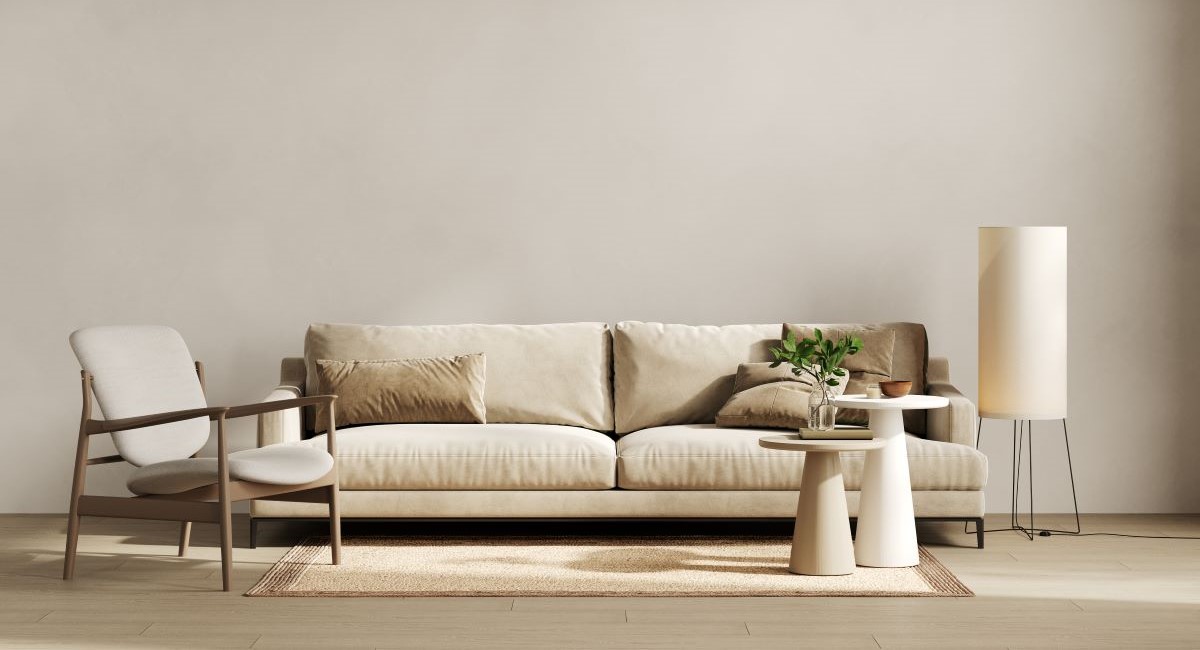In Taiwan, illegal rooftop additions have become increasingly common, especially in older apartment buildings. It's not unusual to see iron-sheet extensions, storage rooms, or additional suites added to rooftops. While these spaces may seem like valuable "extras," most were built without proper building permits or usage licenses and are therefore classified as illegal structures.
This raises an important question: can rooftop additions be legally rented out? Do tenants face legal risks if they move in? What happens if the government orders demolition? This article explains everything from both legal and practical perspectives.
Is Renting an Illegal Structure Allowed?
According to current laws, although illegal structures do not have valid building permits, there is no explicit legal ban against renting them.
So, from a legal standpoint, such spaces are not absolutely prohibited from being leased out.
However, being allowed to rent doesn’t mean it’s risk-free.
If the structure presents risks to safety, fire protection, or health, it cannot be legally rented.
In addition, even if the tenant was aware it was an illegal addition, this does not waive their right to terminate the lease later.
🧞♂️ Related Read: Can You Get Your Deposit Back After Backing Out in Taiwan?
Civil Code Article 424: Tenants Can Terminate the Lease Anytime
Article 424 of the Civil Code states:
“If the leased object has defects that endanger the safety or health of the tenant or cohabitants, the tenant may terminate the lease at any time—even if they were aware of the defect or waived the right to terminate.”
In short, if the space poses serious danger, tenants can legally cancel the lease at any time, regardless of any prior agreements.
Any clause stating the tenant waives this right is considered invalid under law.
What Is Considered a Safety Hazard?
In practice, the following situations may be deemed unsafe and justify lease termination and compensation:
- Rooftop additions divided into multiple rooms (e.g., 3+), listed as priority demolition targets
- No emergency exits, lack of fire equipment, or use of flammable materials
- Unstable structure prone to collapse in an earthquake or strong wind
If Demolished, Tenants Can Claim Compensation
If the illegal rooftop structure is forcibly demolished by government authorities, making the home unusable, the tenant may claim compensation under Civil Code Articles 248 and 423:
The landlord is obligated to provide a property fit for use. If they fail, the tenant may reduce rent, terminate the lease, and seek damages.
Tenants may claim:
- Relocation expenses
- Compensation for breach of contract
- Installation fees already paid (e.g., internet, cable)
- Remaining unused rent
You Can’t Terminate the Lease Based on “Possible Demolition”
If the structure is classified as an existing illegal addition (i.e., not new), not reported, and not listed for priority demolition, the tenant cannot use “fear of future demolition” as grounds to break the lease. Doing so could result in breach of contract.
Two Types of Illegal Structures in Taiwan
In Taipei City, illegal structures are typically divided into:
Type | Period | Explanation |
| New Additions | After Jan 1, 1995 (Minguo 84) | Subject to priority demolition if reported |
| Existing Additions | Jan 1, 1964 – Dec 31, 1994 (Minguo 53–83) | Often delayed or exempt from demolition |
(Other municipalities may have different standards—check with local authorities.)
When Is Demolition Not Required?
According to most municipal Building Management Regulations, demolition may be waived if:
- The addition does not compromise the structural safety of the main building
- Demolition is currently technically infeasible
- Demolition would significantly harm public interest
Landlords and tenants should check the local Building Management Regulations to see how rooftop additions are handled in their city.
Conclusion: Renting Is Possible, but at Your Own Risk
While rooftop additions are not explicitly banned from being rented, the legal and safety risks are real.
- Landlords should fully disclose the property status and indicate it clearly in the rental agreement.
- Tenants should assess the risks and keep communication and contract records as evidence.
Clear communication and mutual agreement between both parties is key to protecting rights and avoiding future legal trouble.


